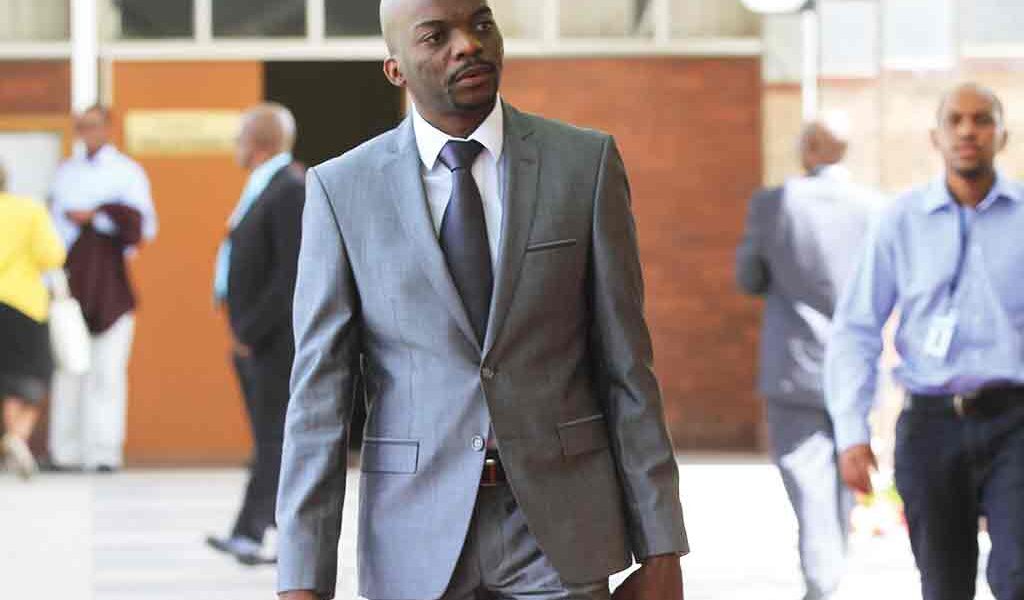- Says Botswana is seen as xenophobic because of restrictions
- Concerned that journalists and human rights activists are put on the list
KAGO KOMANE
Public Accounts Committee (PAC) member, Dithapelo Keorapetse told the committee on Monday that the general feeling “out there” is that Botswana has become xenophobic in the sense that the number of people who are declared prohibited immigrants and those deported is high and keeps on growing.
“The number of people who are put on visa restriction keeps on growing and these people are from countries where citizens are not required to apply for visa. And the concern is that now even human rights activists and lawyers, journalist and academics are put in this list. The number of visas which are rejected are alarming especially when you look at our small economy which is trying to thrive,” he said.
He further told this publication on the sidelines of parliament that the state under Ian Khama has become xenophobic and that contemporary Botswana immigration policy decisions, especially prohibited immigrant declarations, visa restrictions and denials of residence and work permits to foreigners- as well as ill-treatment of refugees have attracted controversy. This is after the Accounting officer for the Ministry of Labour and Home Affairs failed to say why many foreigners had been put on the visa restriction list.
“Many people have been deported under the presidency of Khama than under any president. Equally, a lot of foreigners have been denied visa entries into Botswana and work and residence permits. The state has lately shown intolerance towards refugees in what rights activists view as human rights abuses,” he told the PAC.
He further noted that foreign nationals seeking to visit or work in the country and those needing to continue their stay in the country have been denied visas, residence and work permits. This policy decision, he says, has been cited as harming the growing tourism sector, prohibiting foreign direct investment (FDI) and denying the country benefits of skilled foreign personnel as well as denting the country’s international image.
He said people are not granted work permits in a manner that a developing country like Botswana should behave and that this hurts FDI and the skills personnel that the country could be getting from other countries. “The general opinion is that the advent of the DIS has actually taken us back so many years. Some have even described it as an unnecessary nonsense which has become very costly,” he said.
“Prohibited immigrant declarations, visa restrictions, denying foreigners entry into Botswana and refusal to grant residence and work permits as well as the prejudice towards refugees have the propensity to dent Botswana’s image internationally and scare tourists, visitors, skilled foreigners and investors. There is a need for Botswana to open up its borders to foreigners and refugees so as to benefit from investments, tourism and skilled personnel as well as to uphold human rights ethos in respect of treatment of refugees,” he said.
Since April 2008 to September 2011, seventeen people were declared persona non-grata under Section 7(f) of the old Immigration Act. By the year 2014 under New Act Section 41(1) (c), 143 were deported. Between January and December 2016, twenty-one foreigners had been declared prohibited. As of December 2016- 12 688 applications for residence and work permits, 10 648 (84%) were approved while 2 040 (16%) were rejected.
The numbers of rejections, he says, are very high for a country that is still struggling with skilled personnel in science, engineering and FDI.

